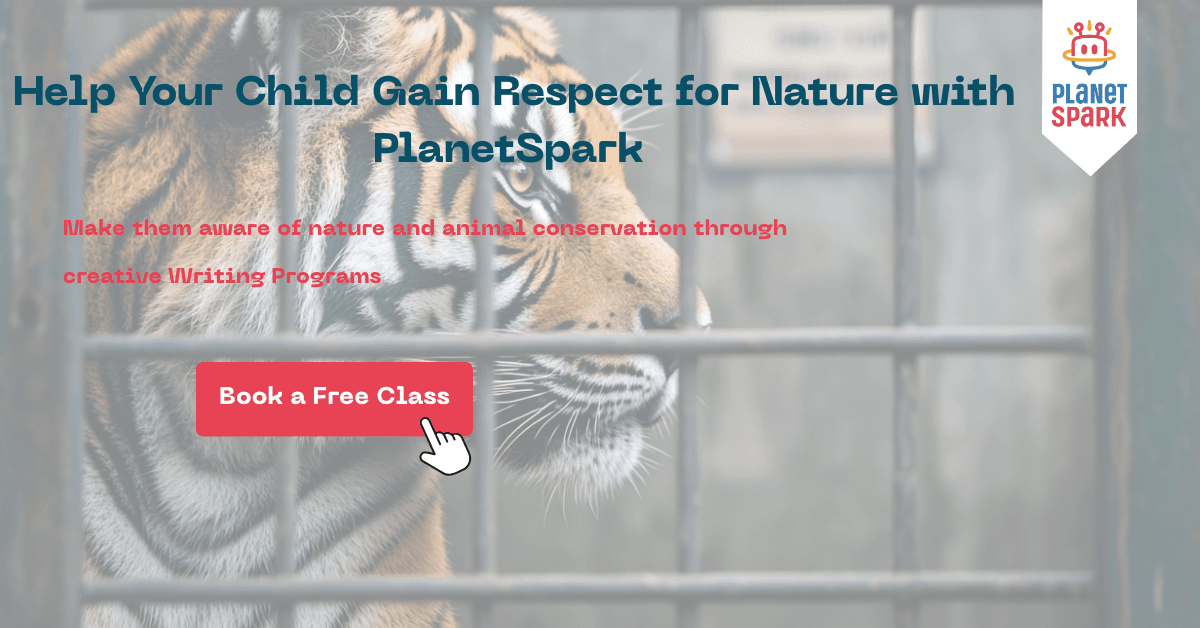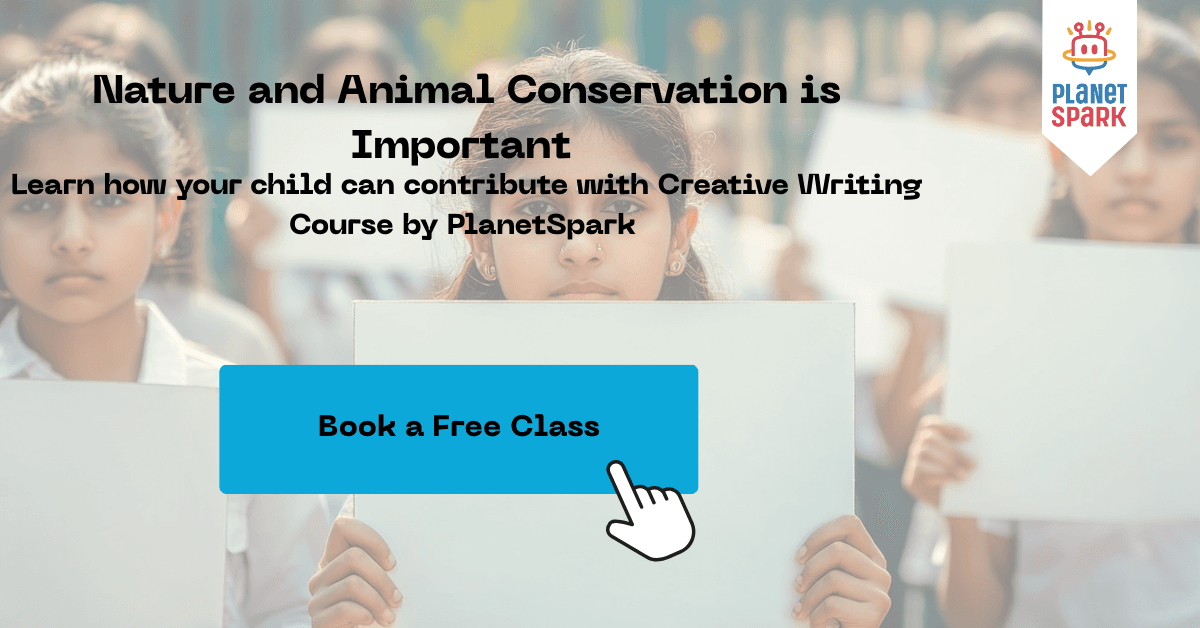Should Zoos Be Banned? Pros, Cons & Essay Writing Guide

Zoos have existed for centuries, initially established as private collections for the elite and later evolving into public attractions. Over time, they have shifted in purpose—from entertainment hubs to centers of conservation, education, and research. However, their transformation has not ended the debate surrounding their ethical implications. In recent decades, public awareness about animal rights and environmental issues has intensified, raising critical questions about whether zoos still belong in a modern, humane society.
Should animals be kept in captivity for human education and entertainment, or is it morally unjust to deny them their natural habitat? As public consciousness grows, so does the pressure on zoos to reform or shut down entirely. In this comprehensive article, we’ll dive deep into the pros and cons of zoos, their evolving role in conservation and education, and why the conversation around banning zoos remains complex. If your child is passionate about real-world issues like this, PlanetSpark’s Essay Writing Course can help them explore, research, and express their thoughts with clarity and confidence through guided mentorship and structured learning.
History and Purpose of Zoos
A Brief Historical Overview
The earliest forms of zoos were menageries, exotic animal collections displayed to demonstrate wealth and power. These collections were a symbol of status among the ruling class, showcasing rare and exotic species from distant lands. Ancient civilizations such as Egypt, China, and Mesopotamia maintained royal animal parks where animals were confined for display and sometimes used in rituals or public spectacles. The idea of exhibiting animals for public viewing evolved gradually. The transition from private collections to public zoos began in the 18th and 19th centuries, particularly in Europe, as scientific interest in natural history grew. These early zoos often lacked a proper understanding of animal welfare and kept animals in cramped, unnatural conditions. However, as awareness about animal behavior and needs increased, the 20th century saw a shift. Zoos began to be seen not just as places of amusement but as institutions with educational and scientific purposes. Today, many zoos claim to prioritize conservation, education, and research over mere entertainment, reflecting a more ethical and responsible approach to wildlife care.
Why Do We Need Zoos Today?
1. Conservation of Endangered Species
One of the most important roles modern zoos play is the conservation of endangered species. With increasing habitat destruction, poaching, pollution, and climate change, many animals face extinction. Zoos provide a controlled environment where endangered species can live safely, away from the threats they would encounter in the wild. Through specialized breeding programs, zoos have successfully helped revive the population of several critically endangered animals. For example:
- The Arabian oryx was brought back from extinction in the wild through zoo breeding programs.
- The California condor has seen its population rise due to captive breeding.
These programs are often part of global initiatives, where zoos across countries collaborate to ensure genetic diversity and long-term survival of rare species. Zoos also serve as genetic reservoirs for species at risk of disappearing in the wild, ensuring that even if natural habitats are lost, the species itself is not.
Beyond breeding, many zoos also run reintroduction programs, where animals born in captivity are carefully trained and released back into their natural environments. This complex, resource-intensive process plays a key role in biodiversity preservation.
2. Educational Opportunities for the Public
Zoos offer first-hand exposure to a variety of animal species, allowing both children and adults to learn more about wildlife. This direct interaction is especially impactful for young learners, helping them connect emotionally with animals and understand their behaviors, habitats, and threats. Educational signage, interactive displays, and live demonstrations in zoos enhance the learning experience, making abstract concepts like ecosystems and conservation more tangible.
Zoos often work with schools and academic institutions to offer field trips, workshops, and educational programs that align with classroom learning. These initiatives not only make learning enjoyable but also emphasize the importance of environmental stewardship. When people witness majestic creatures like lions, elephants, or penguins up close, they are more likely to support conservation efforts and adopt environmentally friendly habits.
Give your child the opportunity to write powerful essays about real-world topics like these. book a free PlanetSpark trial class today.
3. Scientific Research
Zoos contribute significantly to wildlife research. Scientists use the controlled environment of zoos to conduct detailed studies on animal physiology, behavior, nutrition, reproduction, and genetics. These insights are often difficult or impossible to obtain in the wild due to safety concerns, accessibility, or limited visibility of certain species.
Research in zoos helps veterinarians understand how to treat diseases in exotic animals and supports wildlife biologists in conserving animals in their natural habitats. Additionally, zoos contribute to species management plans and publish studies in collaboration with universities and conservation organizations.
Advanced technologies like behavioral monitoring systems and non-invasive health diagnostics are often first implemented in zoos, offering pioneering insights that benefit animals in both captive and wild environments. These findings contribute not only to the zoo population but to global efforts in species survival and habitat restoration.' needs and threats
- Improve conservation efforts in the wild
- Develop veterinary practices for exotic species

The Case Against Zoos: Ethical Concerns and Limitations
Despite the claimed benefits, zoos are not without criticism. Several animal rights groups and ethicists argue that zoos should be banned for the following reasons:
1. Psychological and Physical Suffering
Animals in captivity often show signs of stress and mental health issues. Stereotypical behaviors such as pacing, over-grooming, or aggression are not uncommon. These behaviors stem from:
- Lack of space
- Absence of mental stimulation
- Inability to engage in natural behaviors like hunting, migrating, or mating freely
Moreover, the artificial environments within zoos fail to provide the variety and unpredictability found in the wild, which many species require for mental stimulation and well-being.
2. Ethical Questions of Freedom
Animals, just like humans, deserve freedom. Captivity restricts their movement, limits social interactions, and disrupts natural life cycles. Critics argue that no matter how large or advanced an enclosure is, it cannot replicate the freedom of the wild.
Wild animals are not domesticated; their instincts, behaviors, and needs are shaped by millions of years of evolution. Enclosing them in limited spaces for prolonged periods not only takes away their agency but can also create dependency on humans, robbing them of their autonomy and instincts.
3. Exploitation for Entertainment
Many zoos continue to prioritize visitor experience over animal welfare. Instances of forced performances, inadequate housing, or neglect have been reported globally. This undermines the claim that zoos primarily exist for conservation.
Are All Zoos the Same? Modern vs Traditional Zoos
Modern zoos are increasingly transforming into ethical, conservation-focused institutions. Key differences between modern and traditional zoos include:
| Aspect | Traditional Zoos | Modern Ethical Zoos |
|---|---|---|
| Primary Objective | Entertainment | Conservation and Education |
| Animal Enclosures | Small, barren cages | Spacious, naturalistic habitats |
| Breeding Programs | Rare or nonexistent | Strategically managed for conservation. |
| Public Education | Limited signage | Interactive, science-based education |
Encourage your child to write thought-provoking comparisons like these with a free PlanetSpark writing class.
Should Zoos Be Banned? The Debate Continues
The question "Should zoos be banned?" does not have a straightforward answer. Here’s a balanced view:
Arguments For Banning Zoos
- Ethical concerns about animal rights and captivity
- Poor living conditions in many zoos
- Animals often live shorter or more stressful lives
Arguments Against Banning Zoos
- Vital for conserving endangered species
- Educational opportunities for people, especially children
- Can serve as sanctuaries for animals that can’t survive in the wild
Instead of banning zoos outright, the focus should be on transforming them into ethical wildlife sanctuaries with high standards of care, education, and conservation.

What Makes a Zoo Ethical?
A truly ethical zoo:
- Does not keep animals for entertainment
- Participates in genuine conservation programs
- Prioritizes animal well-being over profit
- Collaborates with wildlife experts and biologists
- Educates the public meaningfully
Help your child explore ethical questions like this through structured writing exercises. Enroll them in a free PlanetSpark trial session now.
Conclusion: Reform Over Ban
Banning zoos outright would eliminate many existing conservation and educational benefits. However, unethical and outdated zoos must either reform or be shut down. Ethical zoos, with transparent practices and conservation-centered missions, deserve support.
As society evolves, so must the institutions that serve it. Zoos must prioritize animal well-being, invest in habitat enrichment, and adopt ethical practices that reflect humanity’s growing respect for animal life. Public pressure, improved legislation, and accountability will help shape the future of zoos, transforming them into genuine centers of education, care, and conservation rather than displays of captivity.
Ultimately, the solution lies in stricter regulations, public awareness, and supporting institutions that put animal welfare first.
Introducing PlanetSpark: The Best Place to Learn Essay Writing and More
While children learn about nature at zoos, PlanetSpark offers a dynamic online learning experience that helps them develop essential communication skills. These include essay writing, storytelling, grammar, creative thinking, and public speaking, all tailored to each child’s strengths, learning pace, and personality. Through personalized coaching, AI-driven feedback, and an engaging curriculum, PlanetSpark empowers students to become articulate, confident communicators who can thoughtfully express their ideas about real-world topics like animal ethics, conservation, and beyond.
Get started with a free trial class today and unlock your child’s communication potential!
1:1 Personal Trainers for Every Child
At PlanetSpark, each student gets matched with a certified communication expert who provides live, one-on-one personalised sessions tailored to the child’s learning style and goals.
Personalised Curriculum and Roadmap
Our programs begin with a diagnostic assessment and are fully customised to meet your child’s learning needs. We address gaps and progressively build up from grammar to advanced public speaking.
SparkX: AI-Enabled Video Analysis Tool
This tool evaluates your child’s recorded speeches for voice, grammar, posture, structure, and delivery, offering detailed performance feedback.
AI-Led Practice Sessions
Interactive AI coaches allow students to practise speaking and storytelling independently, receiving instant, data-backed feedback to improve.
Spark Diary
This digital writing journal encourages children to write creatively and consistently, building both skill and expression.
Gamified Learning
Learning is fun at PlanetSpark with quizzes, spelling games, and vocabulary challenges that make everyday practice enjoyable.
Regular PTMs
Parents stay actively involved through regular meetings with trainers to track progress and align on goals.
Detailed Progress Reports
PlanetSpark provides insightful evaluations on grammar, expression, confidence, and presentation, so improvement is always visible and measurable.
Learning Clubs and Communities
From debate and storytelling clubs to podcasting and writing guilds, PlanetSpark fosters teamwork, creativity, and communication.
Safe Sharing with Sparkline
A protected social media space lets kids share their performances and writings safely, encouraging peer engagement.
Competitions and Recognition
With events like SparkBee, open mics, and writing contests, kids get to showcase their talent and earn recognition.
SparkShop: eBooks for Every Learner
SparkShop offers budget-friendly digital books that boost grammar, reading, and writing skills — available for every grade level.
FAQs About PlanetSpark’s Essay Writing Course
1. What age group is PlanetSpark's Essay Writing Course suitable for?
PlanetSpark’s course is ideal for students aged 6 to 16, with content tailored to their academic level and skill needs.
2. What makes PlanetSpark different from other writing platforms?
PlanetSpark offers live 1:1 sessions, AI-backed feedback tools, personalised curricula, and writing communities that make learning engaging and results-driven.
3. Do you offer certifications or awards?
Yes, students earn certificates and awards for completing milestones, participating in contests, and excelling in various writing challenges.
4. Can I track my child’s progress?
Absolutely. We offer detailed performance reports, regular PTMs, and personalised feedback from expert trainers.
5. Are the writing topics aligned with the school curricula?
Yes, our content aligns with school standards while also encouraging creativity and out-of-the-box thinking.
6. Is it only about essay writing?
No, the course covers creative writing, speech writing, storytelling, grammar, public speaking, and more.
7. How can PlanetSpark’s Essay Writing Course benefit my child?
Sign up for a free trial class on PlanetSpark and see how your child transforms into a confident speaker and writer!
Personalized Communication Report
Record a video to get a AI generated personalized communication report for your child

Hi There, want to try these
tips for your child with
LIVE with our expert coach?
Let's check your child's
English fluency
